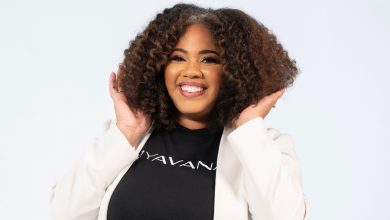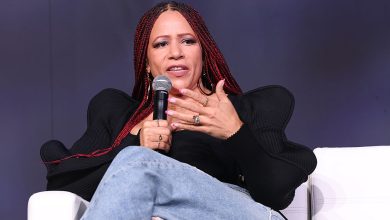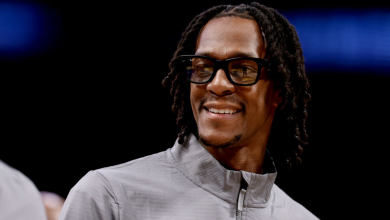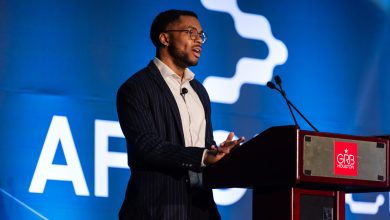California’s New AI Hiring Rules And Workday Lawsuit Raise Stakes For Employers


California’s new rules on Automated Decision Systems (ADS) will go into effect starting Oct. 1, 2025. These rules will require companies to follow strict guidelines when using AI for hiring, promotions, or performance reviews, thus holding automated tools to the standard set under California’s Fair Employment and Housing Act (FEHA) concerning discrimination and bias. Employers and AI vendors must also keep audits, decision logs, and other records for at least four years. Both employers and vendors can be held responsible if their AI tools show bias, according to Holland & Hart.
At the same time, a federal court in California has allowed a nationwide collective action in the Mobley v. Workday lawsuit, as AFROTECH™ previously reported. The case alleges age discrimination under the Age Discrimination in Employment Act (ADEA), as stated in the official court document. Applicants aged 40 and older who applied through Workday’s platform since Sept. 24, 2020, can join the lawsuit.
The case centers on Derek Mobley, a Morehouse College graduate in his 40s with experience in finance, IT, and customer service. He said he applied to over 100 jobs through Workday-powered portals and was rejected every time, often within minutes. Four other plaintiffs over 40 have joined Mobley with similar claims.
According to Best Lawyers, plaintiffs said that Workday’s AI system scores, sorts, ranks, and filters applicants, which may prevent some candidates from ever reaching a human reviewer. The court noted that Workday’s tools take part in the hiring process rather than just following employer criteria. However, Workday said its clients make the final hiring decisions.
The collective of plaintiffs now also includes candidates screened by Workday’s HiredScore system, even though it was acquired after the lawsuit began, according to FairNow. The court ordered Workday to provide a list of employers using its AI tools to a neutral administrator in order to determine the eligibility of individuals interested in participating in the discrimination suit. This came after Workday objected to allowing opt-in respondents to name the employers they had applied to, citing competitive harm, HR Dive reports.
The case also has the backing of the U.S. Equal Employment Opportunity Commission (EEOC), which has stated that employers cannot avoid anti-discrimination laws by outsourcing hiring to AI platforms. According to Reuters, the EEOC urged courts last year to allow claims against Workday to proceed, confirming that the company could be considered an “employment agency” and that AI hiring tools would fall under enforcement of Title VII of the Civil Rights Act of 1964.
The combination of California’s new ADS rules and the Workday lawsuit shows that employers using AI in hiring must pay close attention to legal and compliance requirements with further guidance to come in the near future.




